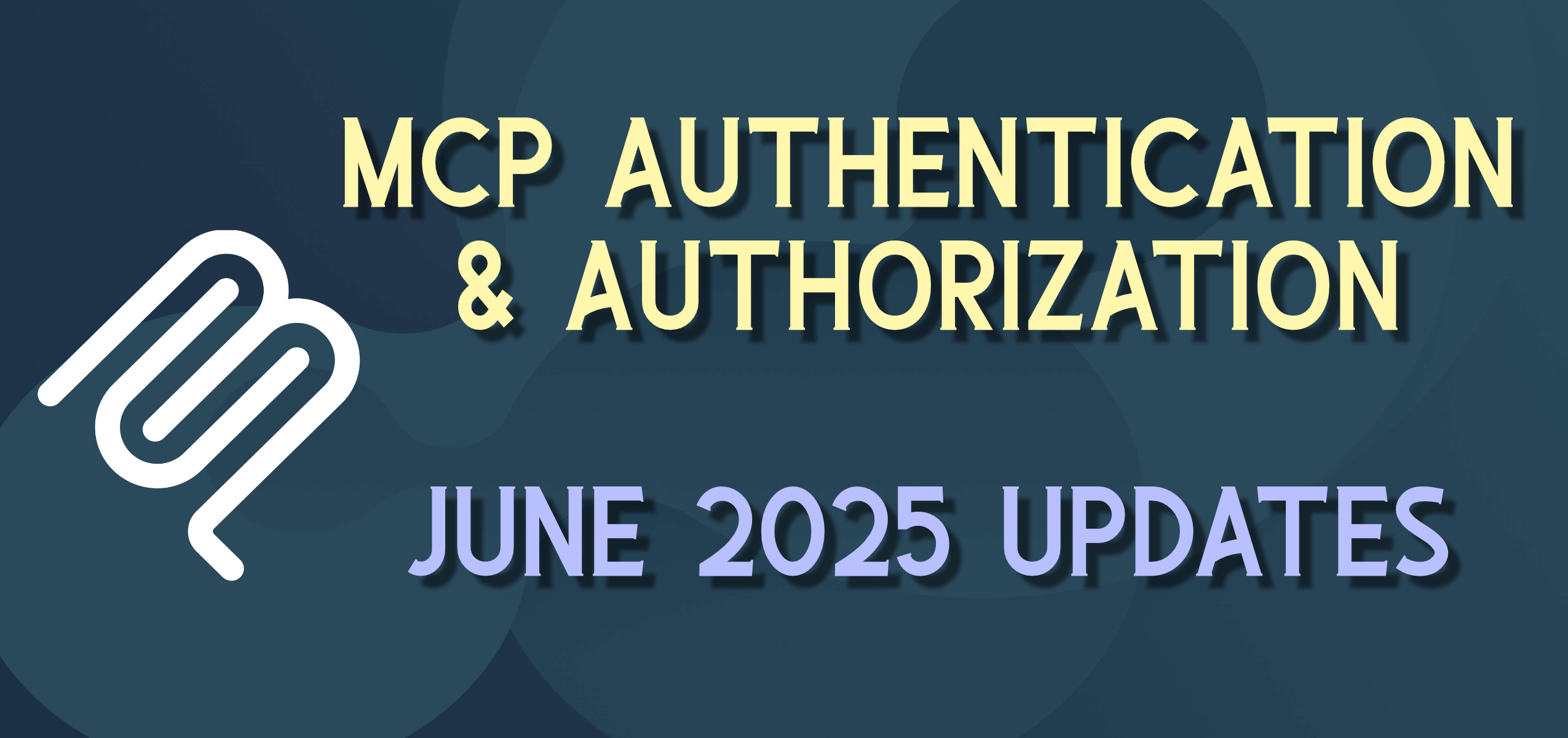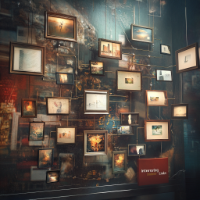Show and Tell #1: Life’s Experiments (1981)
So I have been slowly moving back into my house since we decided not to move – we basically “moved out” when we painted, carpeted, and boxed up everything that made our house look “cluttered” and put it in a storage unit. In moving back in, we decided that the only stuff that could come back into the house was that which fit, and had a place. So through some significant selling (on Craigslist among other places), garage sales, and select trips to Good Will (and several full garbage containers) we are getting close. I recommend if you have been in a place for 5 years or more to perhaps go through this exercise even if you aren’t moving (but we never would have if we weren’t serious about moving).
Anyway, I found some very interesting stuff in my boxes and containers that I chose to save but have little meaning to anyone but me, and they have stories associated with them that no one probably remembers but me.
So here is Exhibit #1 – “Floppy Diskette, circa 1981”
Yes, there used to be such a thing as “floppy disks” and they were floppy. I have one 8″ and two 5 1/4″ disks remaining – I have no idea if they are even readable any more. This disk is labeled (if you look closely) “Life’s Experiments”. How ironic. I guess if you are 13 years old and have compiled 3-4 years worth of of AppleSoft BASIC programs onto one Single-Sided, Double-Density (SSDD) disk (off of cassette tapes and print outs (yes we did retype a lot when necessary)) then it seems like a monumental task. There were three apps in particular that were worth saving: “The Lord of the Rings Adventure” (text-based, based on the books, very limited parser), “Gurder” a high-resolution graphics program based on a popular game at the time involving a plumber and a big monkey (never did get the collision detection working), and “The Billings Murders” an mystery adventure program written in Apple Pascal which I worked on for countless hours with Andy over gallons of Mountain Dew – the app included cutting edge sound effects with the MockingBoard (foot steps, creaking doors) and an updated version of the LOTR-A parser 🙂 .
In looking at much of this stuff I am trying to figure out (1) what did I learn academically from all of this (maybe some wisdom can come of it) and (2) what did I learn about me.
Six things come to mind:
- Backup your code – lesson never gets old. I actually have copies of the “critical apps” on the other 5 1/4″ floppy
- Always be a “hacker” – use things in ways they were not designed (in a good way). Noticed this is a “Single Sided” disk from the Kodak label, but also notice 2 (two) notches on either side of the disk (yes in the olden days these were used to “write-protect” the disks). It became common knowledge, through some computer magazines and trips to the “Computer Connection” store, that the only difference in “modern floppies” between single- and double-sided disks was the notch on the side. If you cut (first with scissors and later with a punch) a notch on the “other” side of a single-sided disc, you ended up with a double-sided disk (and waaaay cheaper).
- Code every day – even something small, learn something new
- Know “how” things work – modern computer users seem like they are treated as if they are much less intelligent than 20 years ago. Just look at the warning no the back (cropped) of the disk. “Keep away from magnetic fields.”? Store “within the system operating environment” with specific Temperature and Relative Humidity. We’ve become such a society of computer “users” that we really don’t understand how things work – we’re just happy that they do. I’m glad things work “out of the box” nowadays, but would it really hurt people to have to format a disk (or even know/care what that means – or what a magnetic field even is for that matter)?
- Learn a new programming language every year (or if you aren’t a programmer use a new tool/idea) – even if you don’t have to, pick something up that may be completely unrelated to what you are working on. I won’t walk you through adventures in Modula2, PAL, Logo, HyperTalk, Objective C, Dylan/NewtonScript and LiveWire (not to mention the “obvious” languages) but even if you only use a language for a short time, you will learn from it. It is time well spent.
- I’m a geek – which kind of goes without saying, and I fully admit it. Why did it take me 10 more years to do computer stuff as a full-time career?




